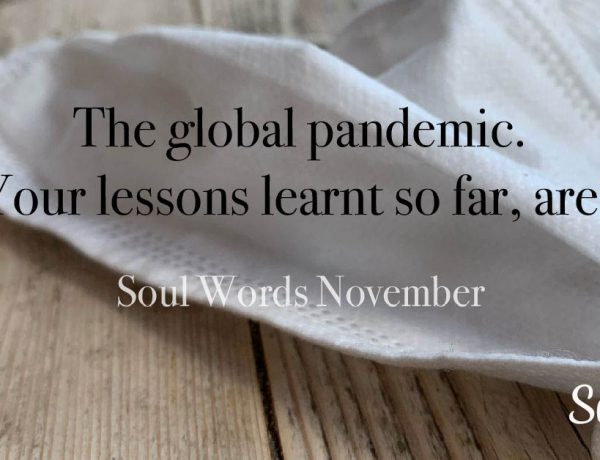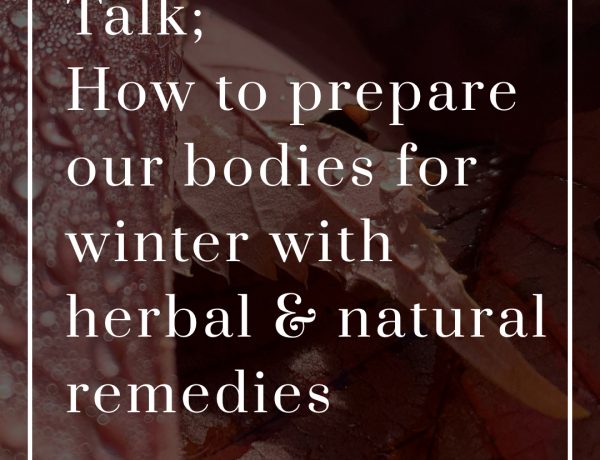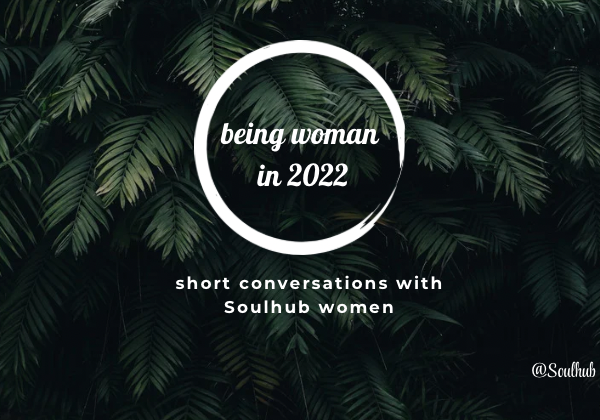“The cumulative grief of the world is overwhelming“
Francis Weller
As we emerge from lockdown in the UK, we see a horizon, and yet, there remains, for many a sense of dread. Not only, in the fear of proximity to others, the notion of touch, and how to respond to family and friends who perhaps have had very different experiences, and hence are dealing with the pandemic in very different or even “unacceptable” ways to others.
There’s no doubt that the destruction of this second wave will be far greater and long lasting than the initial impact. We currently have all the statistics such death rates, COVID cases, and an economical estimates of the impact. However, we cannot truly measure the other real impact which is the mental and emotional trauma that our minds, hearts and bodies DNA will carry and spread around for decades and centuries. Similarly to PTSD, the trauma, grief and loss, left unprocessed from this Pandemic is causing what is now being coined as ‘Post Pandemic Stress’.
Francis Weller’s words ‘The cumulative grief of the world is overwhelming’ were written before the global pandemic, and so what we’ve seen unfold across the world has heightened what’s already there, bringing much to the surface, but also building on what we hadn’t yet found a way of processing in our minds or bodies.
We’ve just passed the one year mark from the original lockdown, and as an wellbeing business our Soulhub Collective have worked together in supporting businesses and individuals throughout this time, and it felt important to bring some of the overarching themes to the table. Personal coach, Kenny Mammarella-D’Cruz, has been working with men’s groups for 20 years, and specifically set up daily check-ins as soon as he realised the enormity of the mental crisis.
‘More and more men have shown up, from all walks of life, with all sorts of trouble and strife from suicidal thoughts and feelings, to wives/mothers of their children having lockdown affairs , to loss of a loved one, loss of a job and loss of identities etc.’
Integrative Therapist, Carmen Rendell sees how clients are not naturally seeing the connection between how they are feeling and what’s going on within the collective of society. ‘Many people aren’t able to relate their deep feelings of loss, grief, frustration and anxiety to what’s unfolding across the world. It is very personal, and yet, without having those normal conversations with others on a day to day basis, we minimise, and personalise the feelings because we don’t have direct evidence to prove why we’re feeling that way or realise that many others are feeling very similar emotions.
This is a dangerous place to be, as it means we’re less equipped to see the emotional crisis unfolding, and it can creep up on us like an evening mist. ‘It becomes overwhelming as the symptoms aren’t recognised until we’re in burnout, disconnected and in deep depression. This trauma always find a way of being expressed physically, mentally and emotional, which unless consciously acknowledged and healed, can be far more destructive when it stays in the subconscious.’ says Carmen.
Clients are presenting with symptoms including increased levels of anxiety, fear, which can manifest as hopelessness, irritation, mood swings, insomnia, nightmares, OCD, and hyper vigilance. All of which may lead to acute and chronic physical effects on the body, such as digestive issues, inflammation, fatigue and many more.
One study concludes that Covid-19 could lead to Post Traumatic Stress Disorder symptoms, as it is a “traumatic stressor”. Many are feeling that they are stressing about the uncertainty of the future, the wellbeing of their family, contracting Covid-19 or passing it on, the change in government restrictions. There are few eventualities, which don’t relate to some level of traumatic stress. More than 13% of people surveyed had PTSD-related symptoms consistent with a clinical diagnosis.
The future generation
In many ways we have focused on the direct impact of the pandemic, such as our older generation, the medically vulnerable and our children’s schooling policies. However there are many groups and individuals who have seemingly been forgotten, such as our youth and young adults?
Creativity Coach Eleanor O’Rourke, who works with clients in the arts, creative and performance industries takes a perspective of what we have no long term plan for. She says ‘It’s natural to do the fire-fighting, but it means the less dramatic killer of mental health will always fall to the bottom of the list. Young people, though not affected in the same numbers as the old, have had their lives changed dramatically. The lack of opportunity in the job market, the student loans that now don’t seem like such a great investment and the lack of any social life at a time when young adults are usually building emotional rapport and connections. The lack of freedom or the chance to ‘spread their wings’ has affected their ability to be creative – which requires spontaneity, faith and the consciousness of possibility.’
The Mental Health Foundation, latest results show that the crisis is impacting 18-24 year olds, single parents, full-time students, unemployed people and those with long-term disabling health problems as well as pre-existing mental health problems. These groups are feeling significantly more likely to be feeling distressed.
Is fear winning?
If everything, or our response to everything, is either fear or love, then there are times when it feels like fear is winning, or rather that we are deferring to the side of fear out of respect for the other person. There’s a distinct fear of personal expression. Many have resorted to social media as their main form of connection. ‘In an era of free speech, we don’t air our views at all for fear of backlash. E.g. ‘Oh so you want to kill my Granny’ shares Eleanor. ‘The language is incendiary and frightening. It’s easier just to stay silent. In more ways than one, COVID could end up the silent killer.’
We can feel the fear on the streets. We avoid each other whilst honouring social distance, eye contact and the passing comments, restricted with masks and the fear of what might be said. There’s a hesitancy, only to be magnified as we emerge. To hug, or not to hug. Have you had the vaccine? Are you safe?
One study concluded Covid-19 could lead to Post Traumatic Stress Disorder as stress is bought on by uncertainty, worrying about our families, that we may contract Covid-19, pass it on, react to the vaccine, waiting for latest government restrictions, death in our communities and families. More than 13% of people surveyed had PTSD-related symptoms consistent with a clinical diagnosis.
Is there an opportunity for a new way of life?
Life exists out of contrast. And so it is usually only through the darkness, that we appreciate and choose the light, and choose differently. This is where we can create, witness and move through into profound change. How long this takes, depends on how deep the healing needs to be and how willing we are to move through the emotions, and it starts with bringing awareness to the truth of what is present in every moment. Trauma needs a witness, love and compassion. It doesn’t necessarily need another name, however as with all trauma, we are being asked to acknowledge it for ourselves and each other.
As Kenny observes within the hundreds of men who share their emotions and feelings each day. ‘So many of these men have found their authentic voice and show up with who they really are, in pain, in isolation, in confusion and also in a good place just wanting to hang out.’
There’s no denying that for some, this has given them the opportunity to be real. To pull back the curtains and look at what they have, who they’re being and what they really want from life. There’s something so very powerful about crisis, which unearths other parts of us which we may not showcase to ourselves, let alone the world.
‘More and more men have got to know themselves better, got up to date with who they no longer need to be. They’ve found deeper authentic self-love and made friends with each other and culled some friends as a consequence. It has made space for quality, and breakthrough beyond breakdown. Simple authentic connection without the pecking order and power-plays is worth its weight in gold.’
Eleanor adds to this with a response you’d expect from a creative at heart. ‘This could be a time of great possibility. The prelude to a great expansion of creativity, in the same way that the plague (Black Death) in Europe was in The Renaissance.’
Of course there’s always hope. There’s always two sides to every story, and if we bear witness to the grief and loss, then we give ourselves the chance of using this time and pandemic to add momentum to make significant changes to our political, environmental and social systems. To bring us back to what’s really important in life. Deeper love and understanding.
For additional support:
Soulhub Collective – A team of therapists, coaches, wellbeing specialists who can support the emotional and physical experience through challenging times.
Mens’ Groups – MenSpeak. Mini-men’s group, facilitated by Kenny / MenFacilitate Graduates, is a non-clinical, confidential space to share, be heard, release some pressure, connect with others and get insights into daily life as we drop our ‘nice guy,’ ‘macho man’ or whatever masks we’ve been wearing and get real.
Walk In – Dance Out – An experiential workshop for grief and loss delivered by Carmen Rendell and Andrew Cuerden
Carmen Rendell – Walking /Online Therapist
(C) Image – Apasaric Photography




No Comments